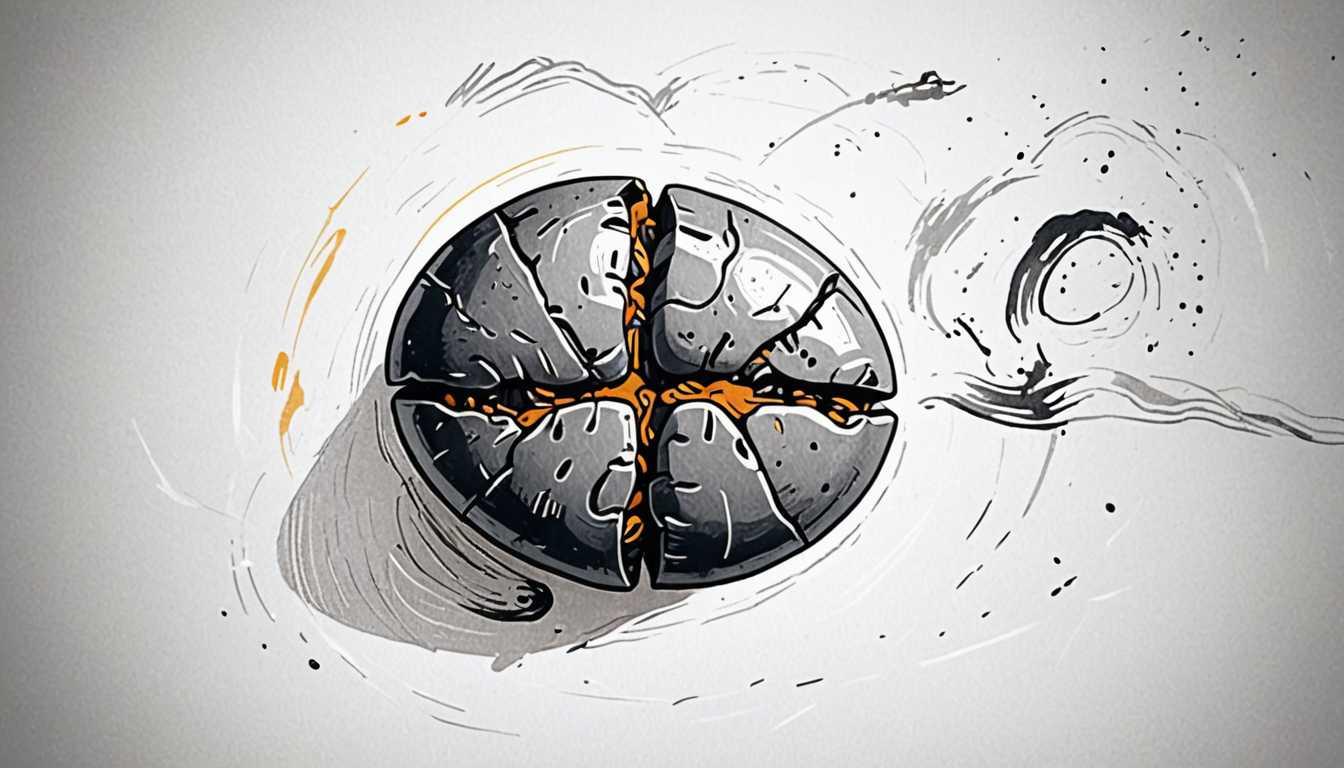Embracing the Future of Fake Meat
May 2024
MIT Technology Review
Introduction
Ever wondered how fake meat can change the way we eat? Dive into "How I Learned to Stop Worrying and Love Fake Meat" and discover the surprising benefits of plant-based alternatives! This article shares a fun personal journey, exploring how embracing fake meat can be both delicious and eco-friendly. Get ready to rethink your dinner plate with a smile—check it out!
READ FULL ARTICLEWhy It Matters
Discover how this topic shapes your world and future
The Meaty Debate on Sustainability!
Understanding the challenges and solutions related to meat production is super important, especially as we face the global issue of climate change. The traditional methods of raising animals for food contribute significantly to greenhouse gas emissions—more than 14% of the world's total! This topic isn’t just about what’s on your dinner plate, it touches on environmental sustainability, animal welfare, and even political debates. As a student, you’re part of this conversation, and your choices can have a real impact. By exploring alternatives like cultured meat and plant-based products, you’re engaging with innovative solutions that could help shape a healthier planet for all, while also navigating the complexities of public opinion and industry practices.
Speak like a Scholar
Sustainability
The ability to maintain healthy environmental practices over time, ensuring that resources are available for future generations.
Greenhouse gases
Gases like carbon dioxide and methane that trap heat in the atmosphere, contributing to global warming.
Cultured meat
Meat produced by growing animal cells in a lab instead of raising and slaughtering animals.
Carbon footprint
The amount of carbon dioxide emissions for which an individual or organization is responsible, often measured in relation to their consumption habits.
Alternative proteins
Sources of protein that come from plants or lab-grown methods, as opposed to traditional animal farming.
Political pandering
Actions taken by politicians to appeal to certain groups or industries, often for votes or support, rather than addressing broader issues.
Independent Research Ideas
The Environmental Impact of Plant-Based Diets
Investigate how switching to plant-based diets can mitigate climate change and the challenges that come with this shift. Understanding both the benefits and potential drawbacks can provide a balanced view.
The Science of Cultured Meat Production
Explore the technology behind cultured meat, including the processes involved and how they compare in terms of sustainability to traditional farming methods. This could lead to insights on future food security.
Cultural Perceptions of Alternative Proteins
Study how different cultures view meat substitutes and the factors that influence their acceptance, including taste, tradition, and media portrayal. This can reveal how cultural biases affect dietary choices.
The Role of Government in Food Innovation
Analyze how government regulations impact the development and acceptance of alternative proteins, using Florida's ban on cultured meat as a case study. This could lead to discussions about freedom of choice versus public health.
Consumer Behavior and Food Choices
Examine the psychology behind why people choose certain foods over others. Understanding the emotional and social factors that influence food decisions can help in promoting sustainable eating habits.
Related Articles

Food Choices: Health and Planet at Stake
May 2024
McGill University

Fish Farming: A Sustainable Amazon Solution?
February 2025
Cornell News Highlights

Turning Trash into Tasty Treasures
August 2024
BBC Future

Beanless Brews: The Future of Coffee
August 2024
MIT Technology Review

Boundaries: Saving Resources and Cultures
April 2024
Imperial College London